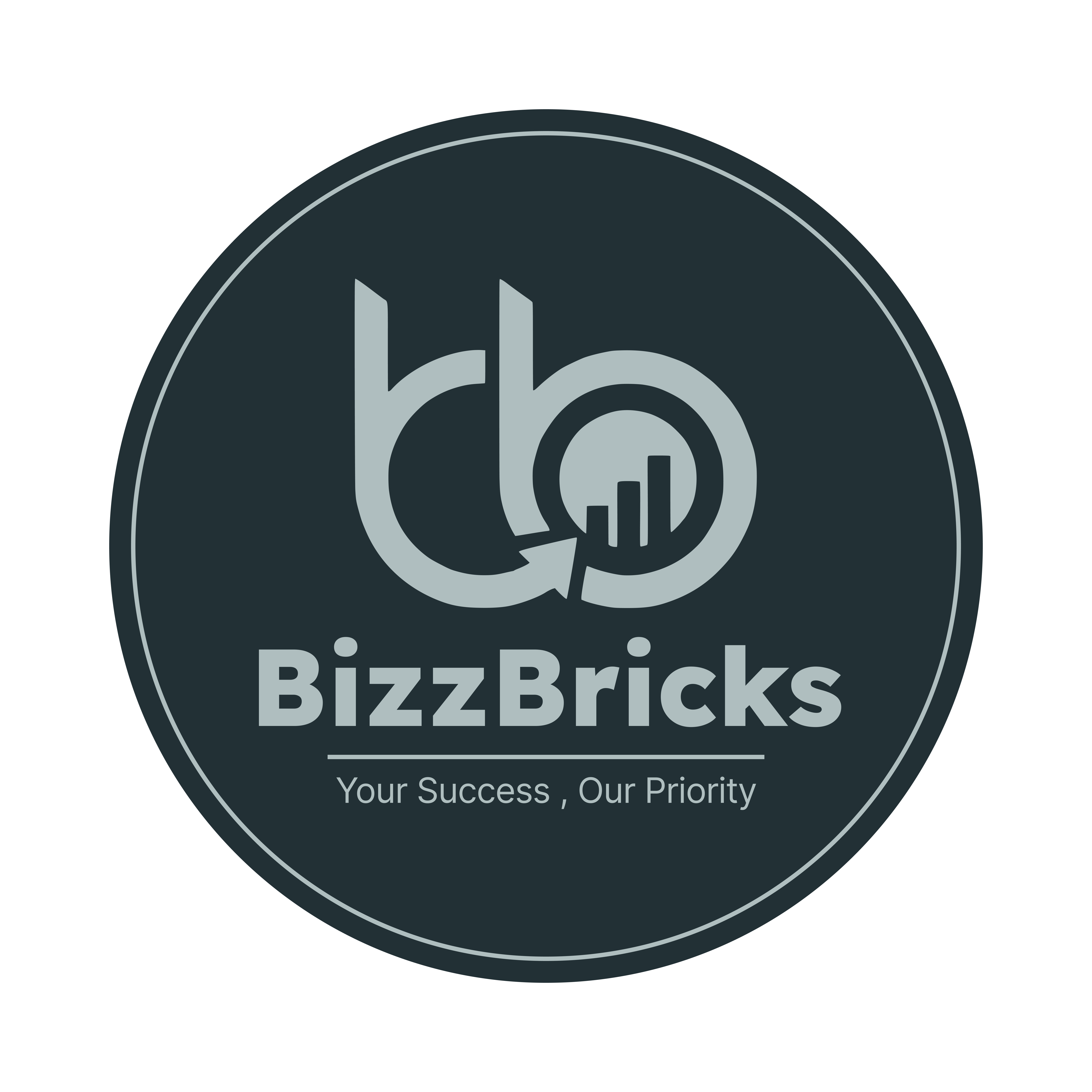Discover a better way of redefining company goals
In the dynamic realm of business, the ability to adapt and redefine company goals is essential for staying ahead in a rapidly changing landscape. As markets evolve and consumer expectations shift, companies that embrace a proactive approach to goal-setting position themselves for sustainable success. In this blog, we’ll explore a holistic approach to discovering a better way of redefining company goals.
1. Embrace Agility and Adaptability
The traditional approach to goal-setting often involves rigid, long-term plans. However, in today’s fast-paced environment, companies must cultivate agility. This involves regularly assessing market dynamics, customer feedback, and internal capabilities to adapt goals in response to changing circumstances. An agile mindset allows for quick pivots and ensures that goals remain relevant and achievable.
2. Foster a Collaborative Goal-Setting Process
Rather than a top-down approach, involving key stakeholders in the goal-setting process fosters a sense of ownership and commitment. Collaborative goal-setting ensures that diverse perspectives are considered, leading to more comprehensive and innovative objectives. This approach also promotes transparency, aligning the entire organization toward a shared vision.
3. Align Goals with Core Values and Purpose
Goals that resonate with the core values and purpose of the company are more likely to inspire and engage employees. When employees understand how their work contributes to the broader mission, they become more invested in achieving the goals. Aligning goals with values also reinforces the company’s identity and strengthens its brand in the eyes of both customers and employees.
4. Prioritize a Balanced Scorecard Approach
Redefining company goals goes beyond financial metrics. A balanced scorecard approach considers a range of key performance indicators (KPIs) that cover financial, customer, internal processes, and learning and growth perspectives. This holistic view ensures that goals address the overall health and sustainability of the organization, fostering a well-rounded approach to success.
5. Leverage SMART Criteria for Precision
Specific, Measurable, Achievable, Relevant, and Time-bound (SMART) criteria provide a framework for setting clear and actionable goals. Ensuring that goals meet these criteria enhances accountability and provides a roadmap for tracking progress. SMART goals empower teams by providing a clear direction and measurable milestones for success.
6. Emphasize Continuous Evaluation and Learning
The business landscape is in a constant state of flux, and so should be the approach to goal-setting. Regularly evaluate the progress of goals and be open to learning from both successes and setbacks. This continuous evaluation process allows for adjustments and refinements, ensuring that the company remains responsive to emerging opportunities and challenges.
7. Communicate Effectively Across the Organization
Transparent communication is paramount when redefining company goals. Clearly articulate the reasons behind the goals, the benefits for the organization, and the role each team member plays in achieving them. Engage in open dialogue, encourage feedback, and celebrate milestones to maintain a positive and motivated organizational culture.
In conclusion, redefining company goals is a dynamic process that requires adaptability, collaboration, and a commitment to continuous improvement. By embracing agility, involving stakeholders, aligning with core values, adopting a balanced scorecard approach, leveraging SMART criteria, emphasizing continuous evaluation, and promoting transparent communication, companies can navigate the complexities of the business landscape and set the stage for sustained success. Remember, the journey to success is not just about reaching the destination; it’s about evolving and thriving along the way.






Leave a comment